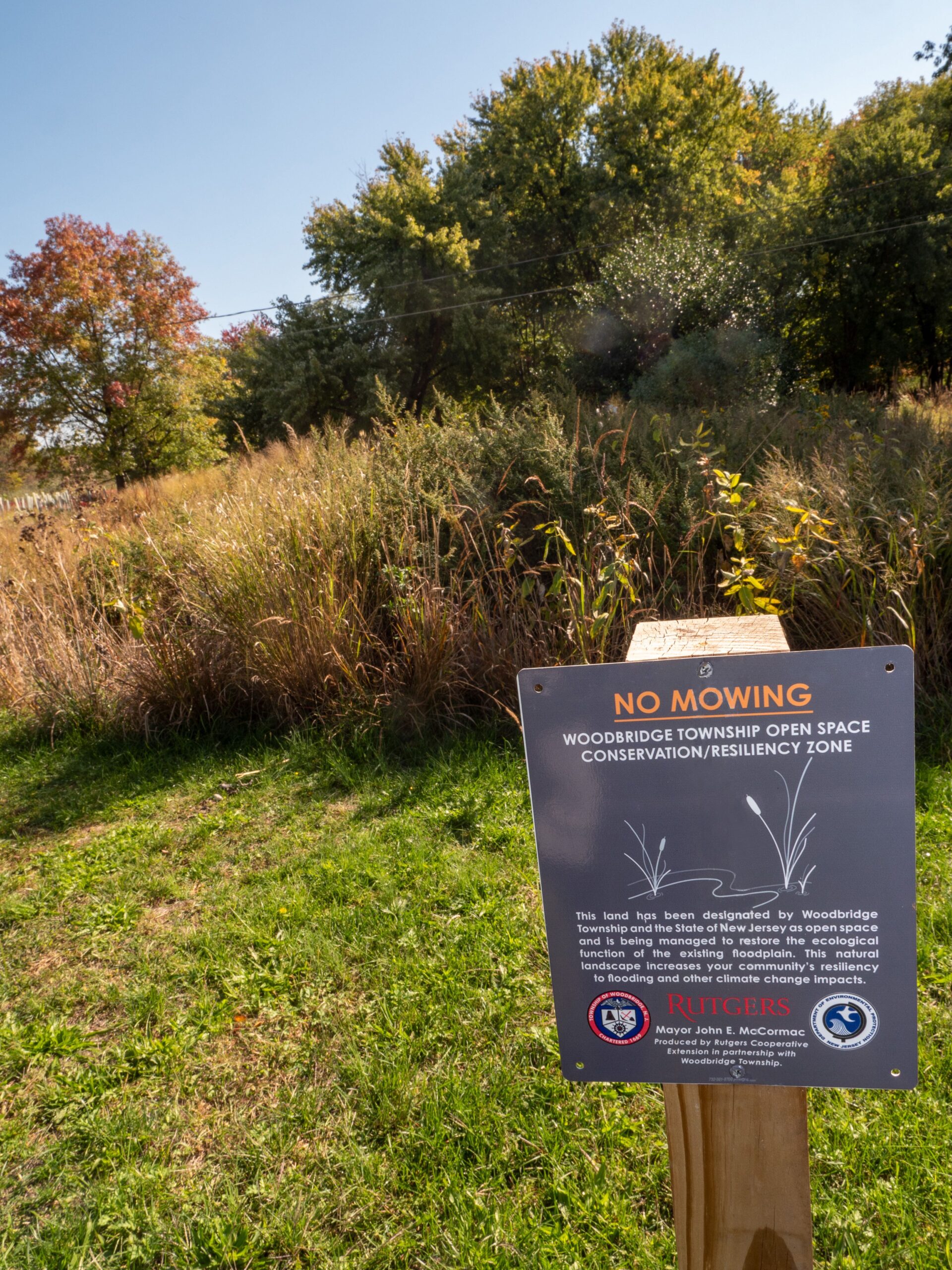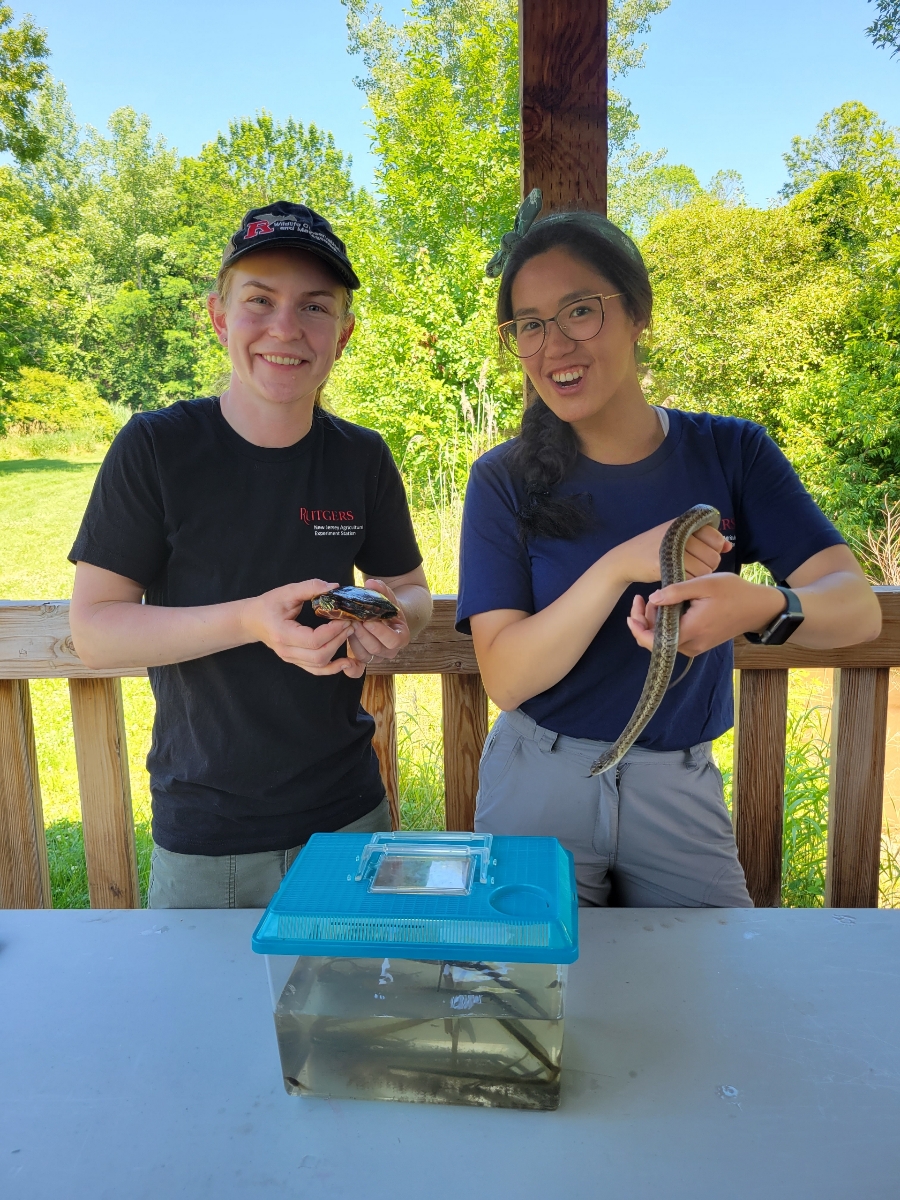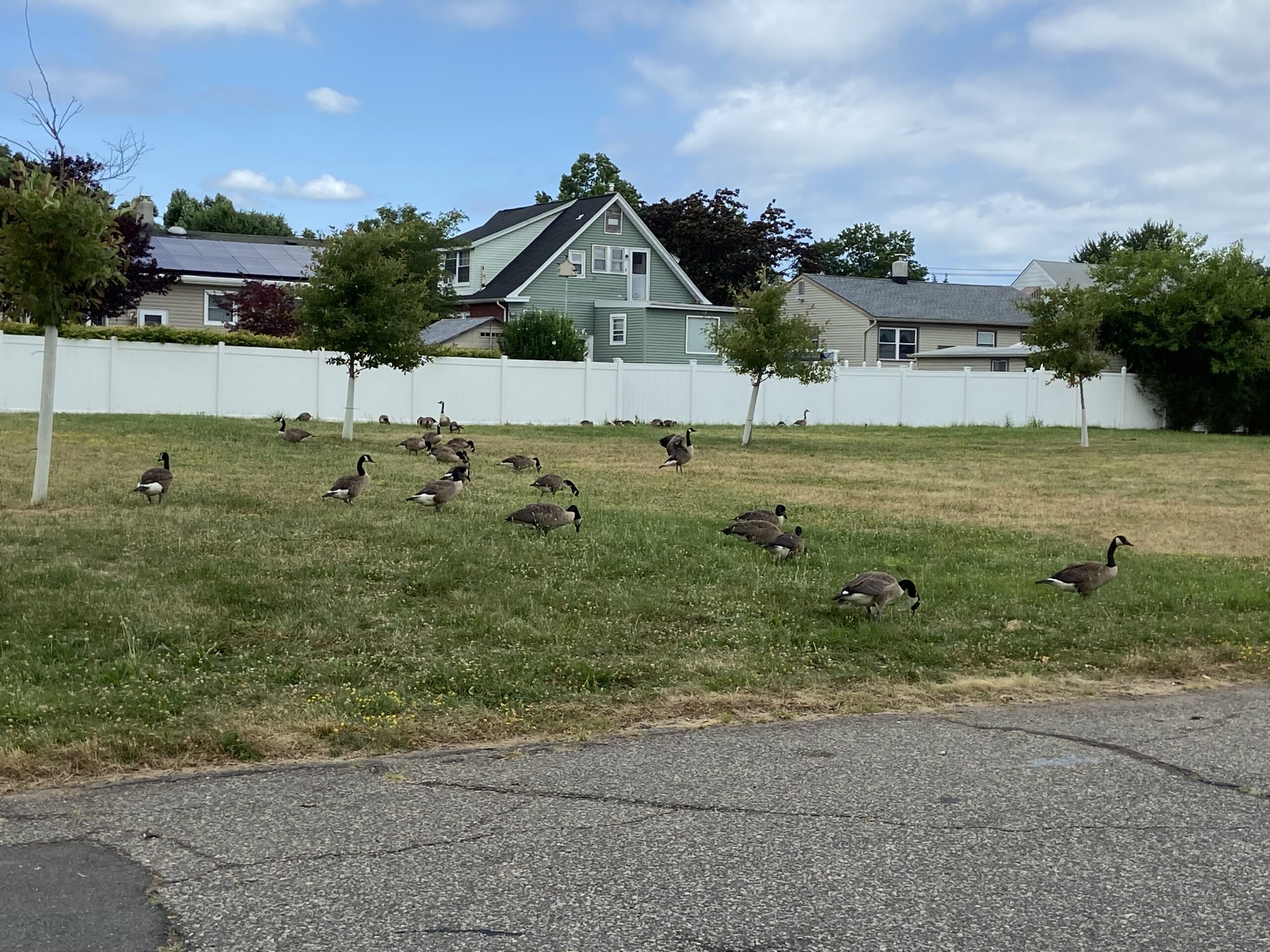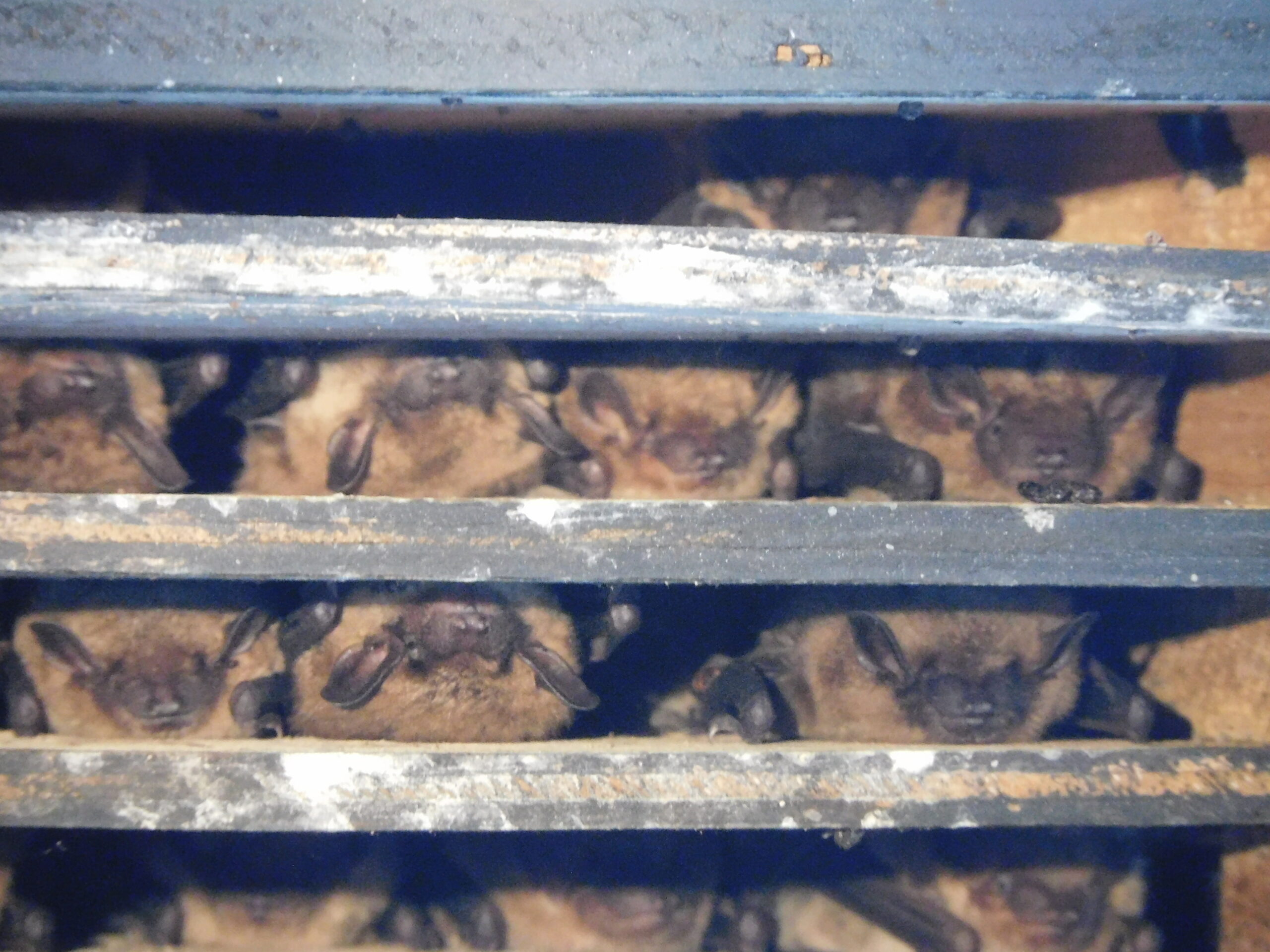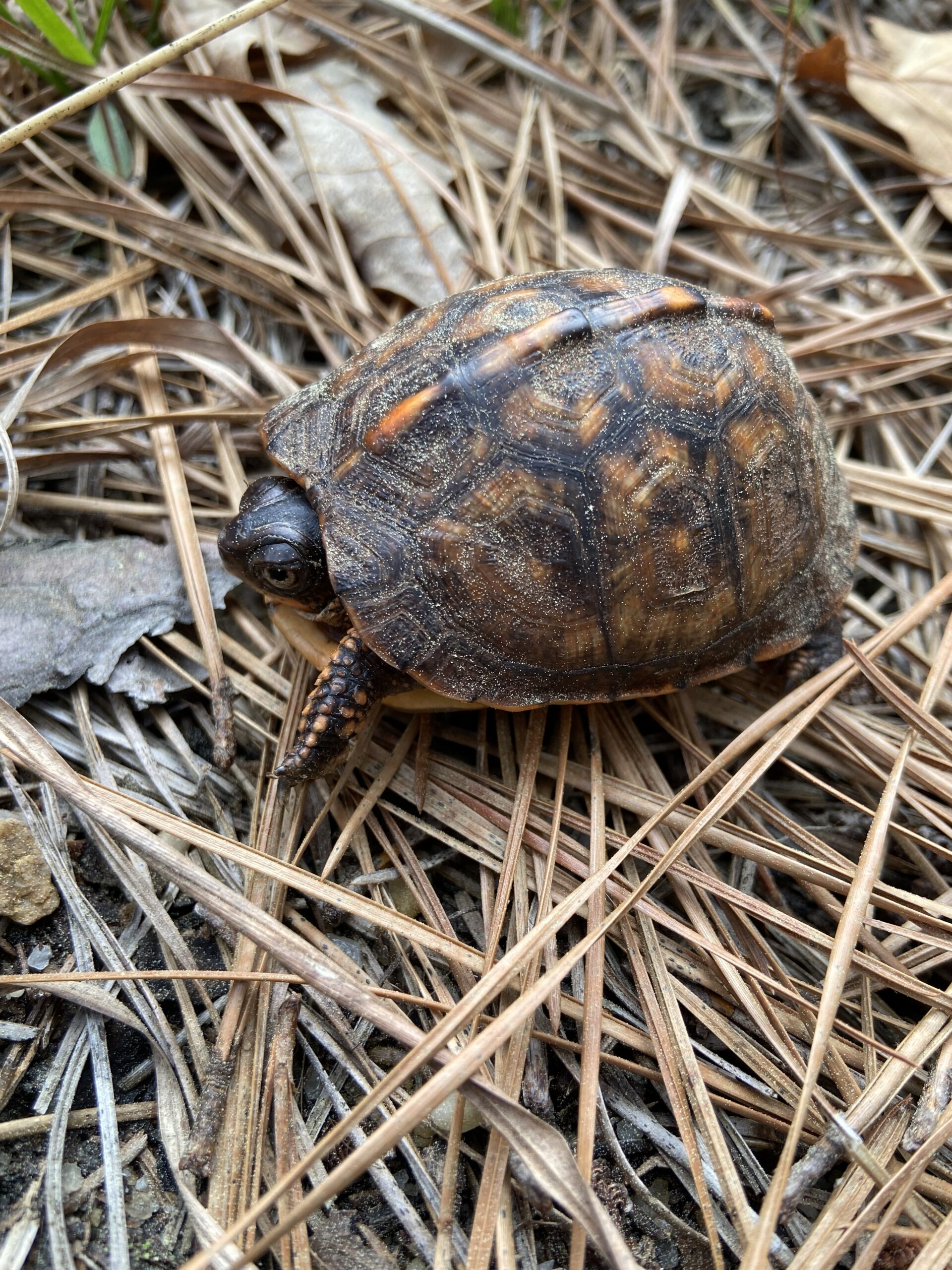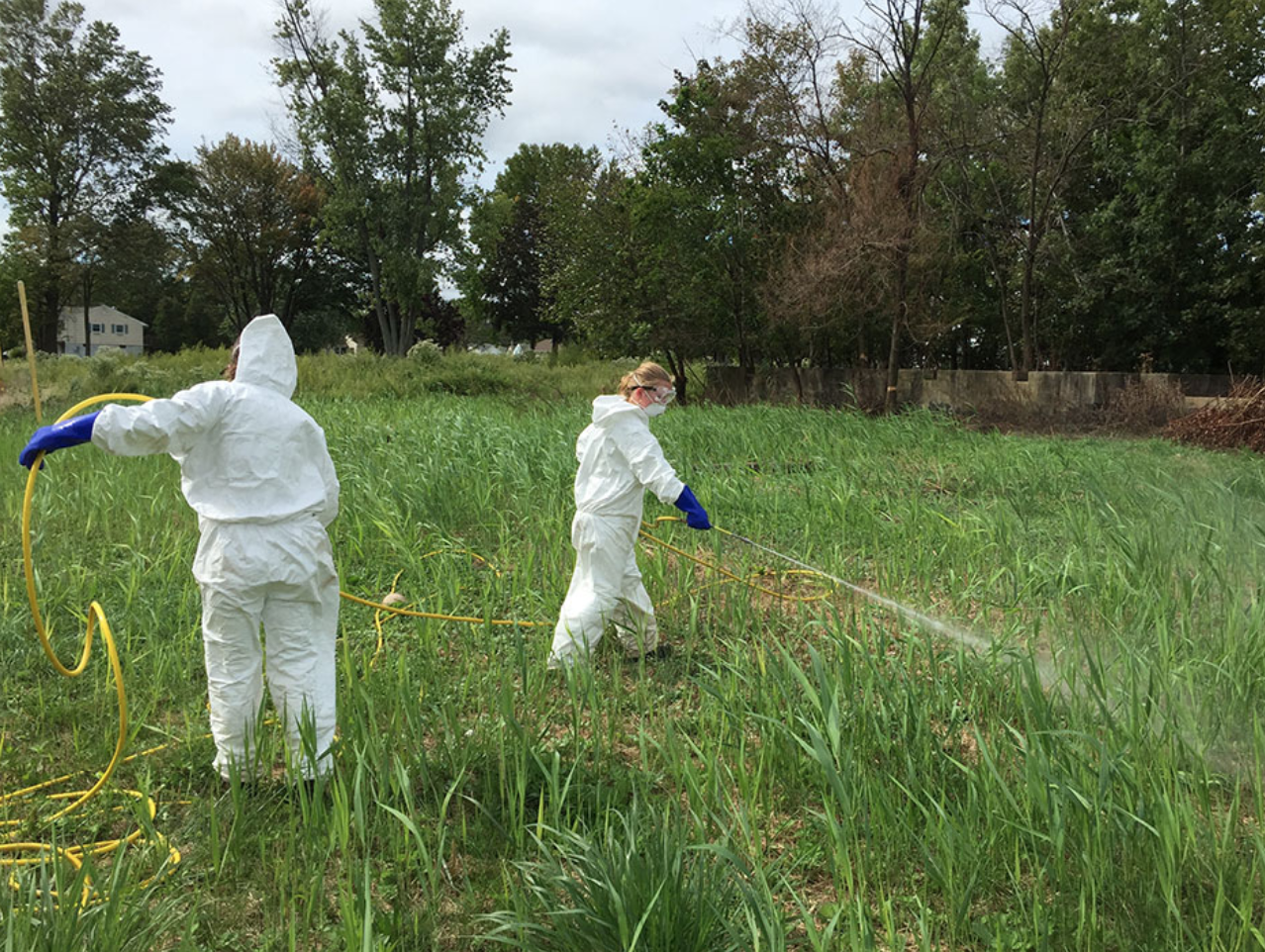Ecological Restoration and Flood Resilience
Restoring natural landscapes provides multiple benefits to both humans and wildlife, including climate resiliency, increased biodiversity, and improved public amenities. We partner with municipalities, state and federal agencies, and consultants to develop and implement ecological restoration plans across New Jersey. Regarding flood resiliency, have worked with multiple New Jersey Townships to develop restoration strategies for transforming flood-prone urban residential areas into community open space and natural habitats, resulting in improved flood storage potential and passive recreational opportunities. The goal is to strengthen community resiliency against storms, improve conservation value of these areas, and create low-maintenance strategies to ensure long-term persistence of public open space. Read our book ‘Creating Flood-Resilient Landscapes: A Primer for New Jersey Communities‘ to learn more.
Our multidisciplinary team consists of ecologists, landscape architects, engineers, and planners, which allows us to address multiple facets of each unique project. We have experience restoring multiple habitat types (forests, meadows, constructed wetlands, beaches) to meet a diverse set of objectives (flood reduction, wildlife conservation, etc.). Our team can assist in all phases of the project, including pre- and post-restoration monitoring, landscape design, invasive species management, and construction.
Please contact us to set up a potential partnership.
Left: A restored meadow in Woodbridge Township.
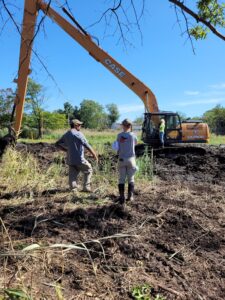 We have ongoing projects in various places throughout New Jersey. We often work with communities, commercial companies, conservation organizations, consulting firms, and government wildlife agencies. Please read more about what our program offers and
We have ongoing projects in various places throughout New Jersey. We often work with communities, commercial companies, conservation organizations, consulting firms, and government wildlife agencies. Please read more about what our program offers and 